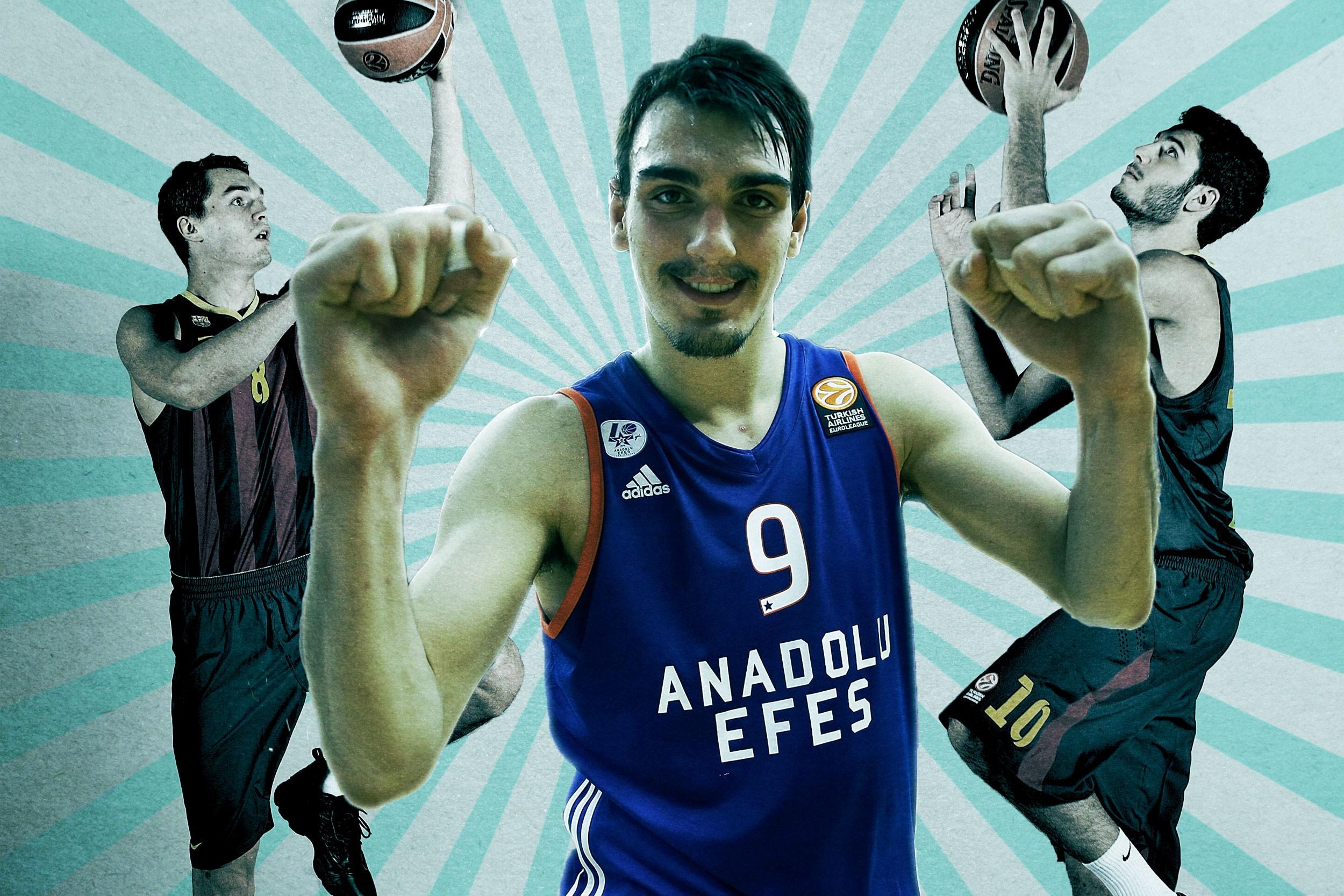
What drama there once was in Olympic basketball is gone. After a brief stint in the mid-aughts when the U.S. was vulnerable, the Americans have righted the ship under managing director Jerry Colangelo and coach Mike Krzyzewski. Team USA has won the past two gold medals, and the Americans haven’t lost a game in international play since 2006. Most of the best international players are well past their prime. America’s best players no longer feel obligated to report for duty, as evidenced by both LeBron James and Steph Curry opting to stay home. Still, it’s hard to see anyone challenging this year’s team, which rampaged through a five-game exhibition tour in preparation for Rio.
Spain, the silver medalists in 2008 and 2012 and the no. 2-ranked team in the world, is still largely built around Pau Gasol, Juan Carlos Navarro, and Rudy Fernandez; France is counting on Tony Parker and Boris Diaw; Argentina was never able to replace its golden generation of Manu Ginobili, Luis Scola, and Andres Nocioni, who are now in their late 30s. The international generation that grew up watching the Dream Team is getting long in the tooth, and the crop behind them hasn’t appeared strong enough to mount a challenge against Team USA’s monolith.
Intrigue in Rio will come from a new international wave, from the kids who grew up idolizing the Redeem Team and are still making their way to the highest level of basketball. Young players are often given bigger roles on their respective national teams than they are in the NBA, which allows scouts and executives to observe the breadth of their skills in a different environment. (Plus, going toe-to-toe with Team USA can do wonders for a player’s confidence.) Here’s a look at five international NBA talents who could see their star rise over the next few weeks.
Nikola Jokic (Serbia) — Jokic surpassed all reasonable (and even unreasonable) expectations in his first season with the Nuggets, when he was as productive as any rookie in the league on a per-minute basis. No big man taken in the middle of the second round should be as polished as Jokic was last season as a 21-year-old, a player who can score in the post, stretch the defense out to the 3-point line, and drop dazzling passes all over the floor. The big question is whether he can anchor a defense at a high level, and he will get the opportunity to show what he can do for Serbia, where he will be the alpha and omega on both sides of the ball. Serbia plays Team USA in Group A, and it will be fascinating to see how Jokic handles small ball with Draymond Green and smash ball with DeMarcus Cousins.
Dario Saric (Croatia) — As much as any of Sam Hinkie’s draft picks, Saric was The Process. A lottery pick in 2014 who spent the past two years in Turkey, he’s finally joining the Sixers this season, although not soon enough to save Hinkie’s job. This will be the first live glimpse many American fans have of Saric, a gifted 6-foot-10 ball handler and playmaker with a developing outside shot. If that scouting report sounds familiar, it’s because it’s the same as Ben Simmons’s. It remains unclear how the two combo forwards will coexist in Philly’s crowded frontcourt, but a good showing in Rio might answer a few questions. Saric will get the chance to be the primary option for Croatia, which might have the most exciting young team in the field.
Mario Hezonja (Croatia) — The combination of Saric and Hezonja makes Croatia the hipster team du jour, as well as a potential long-term challenger in international competition. The two should play electrifying open-court basketball in Rio, and they won’t be intimidated by the length and athleticism of Team USA should the teams face off in the medal rounds. Hezonja had an up-and-down rookie season with the Magic, but he’s still an intriguing talent with a rare combination of size, athleticism, and shooting ability. Free from a crowded perimeter rotation in Orlando and Scott Skiles’s abrasive, hands-on coaching style, the swingman dubbed the European J.R. Smith will be looking to make a splash on the international stage.
Alex Abrines (Spain) — A draft-and-stash pick by the Thunder in 2013, Abrines saw his timetable to the NBA accelerated in the aftermath of Kevin Durant’s departure. The 23-year-old has played the past four seasons for FC Barcelona, one of the top teams in Europe, where he established himself as an elite shooter. The Thunder will be counting on him to provide spacing for the shooting-deprived trio of Russell Westbrook, Victor Oladipo, and Andre Roberson. How he performs against the top teams in Rio should give us a window into how he will deal with the elite athleticism he will regularly face in the NBA. If Spain exceeds expectations, it will be because the quartet of Abrines, Ricky Rubio, Nikola Mirotic, and Knicks rookie Willy Hernangomez provided some needed youth to complement the team’s old warhorses.
Domantas Sabonis (Lithuania) — The Thunder are well represented in Rio, as one of the key pieces in the Serge Ibaka trade is taking the spot in the Lithuanian frontcourt vacated by Donatas Motiejunas, who is still recovering from his back injuries. It will be a big transition for Sabonis, who goes from manning the middle at Gonzaga to playing more on the perimeter to complement Jonas Valanciunas. How well he shoots and slides his feet in Rio should tell us how ready he will be to perform a similar role with Steven Adams and Enes Kanter in Oklahoma City. Lithuania always plays well in the Olympics, and the duo of Sabonis and Valanciunas gives it as much talent up front as anyone in the field outside of Team USA.

